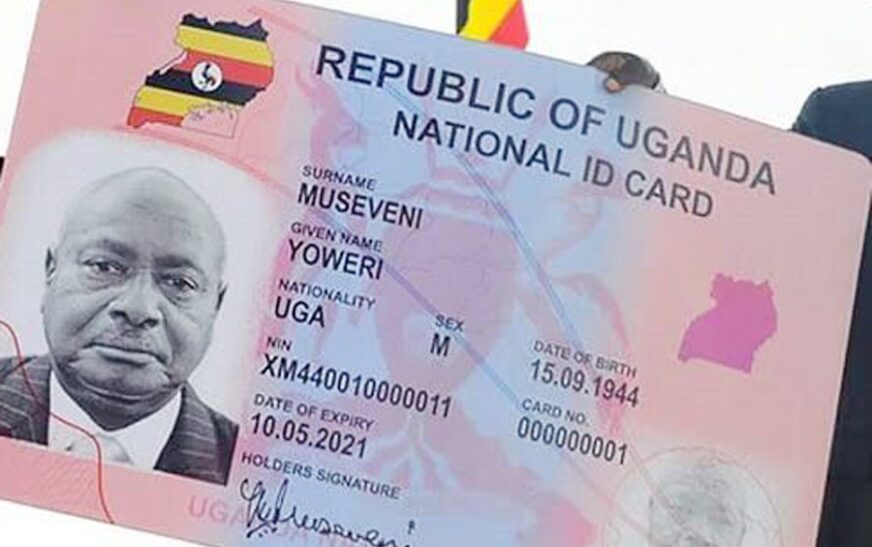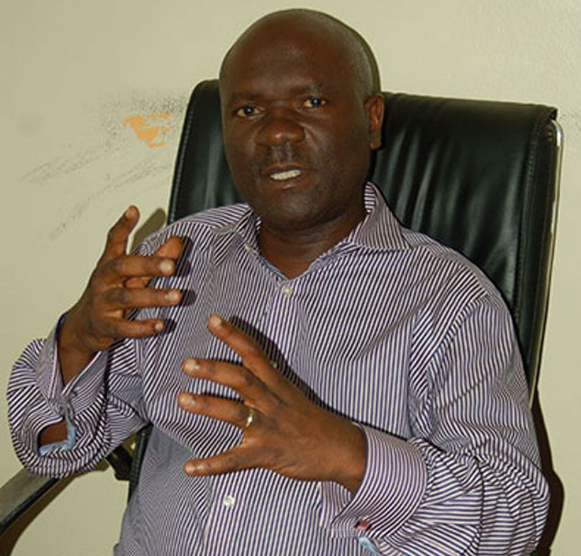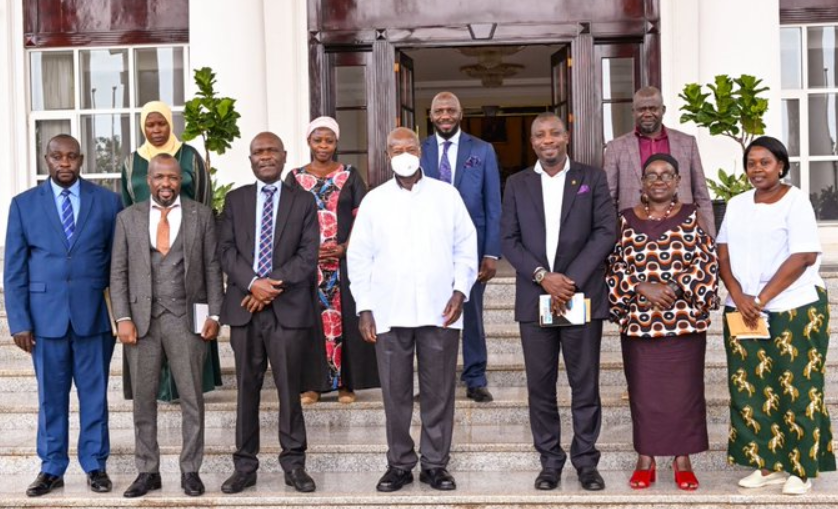Atleast 2.5 million Ugandans have renewed their National Identity Cards (IDs) in less than a month, the National Identification Registration Authority (NIRA) said.
On May 27, The government has commenced the nationwide mass enrolment and renewal exercise for National Identity Cards, extending services to the parish level across all 146 administrative districts.
This large-scale operation is part of a broader initiative by NIRA to improve access to national identification services and prepare for the expiration of millions of existing ID cards.
“I think that is very commendable. 2.5 million renewals have been completed, and we want to acknowledge all Ugandans who have taken the initiative to participate in this important process,” said Claire Olama, a registrar at NIRA.
While addressing the media at the police headquarters in Naguru, Olama emphasized that the ongoing exercise includes both renewals and first-time registrations. She urged applicants to provide accurate and complete information, particularly regarding their parents.
“We want to track ancestry—where you come from,” she said. “The application process involves filling out Form Three. Even if you have all other documents, such as a certificate of citizenship or a solid recommendation, we cannot process your application without complete background information.”
“If you cannot clearly state which indigenous community your mother and father belong to, or your place of origin, we cannot proceed. This profiling is essential in determining citizenship,” she explained.
Olama also stressed the importance of registering minors in the presence of blood relatives. “A child cannot credibly provide information about their identity on their own. As part of the application, an oath or declaration must be signed affirming the truthfulness of the information. Minors cannot legally take this oath, so they must be accompanied by a blood relative.”
Despite the progress, the system has flagged 10,518 applications for falsified information.
“I want to highlight the dangers of lying,” Olama warned. “When you lie, it’s hard to keep your story straight, and at some point, you’ll contradict yourself. Submitting false or incomplete information can delay or cancel your application. The system is intelligent.”
She added that under the Registration of Persons Act, providing false information is a criminal offense, punishable by fines, imprisonment, or both.
NIRA also issued a warning against corruption and encouraged the public to report any suspicious activity.
“If someone solicits a bribe, record the conversation discreetly and send it to the NIRA WhatsApp number or through our social media platforms. We are committed to fighting this vice,” she said.





















